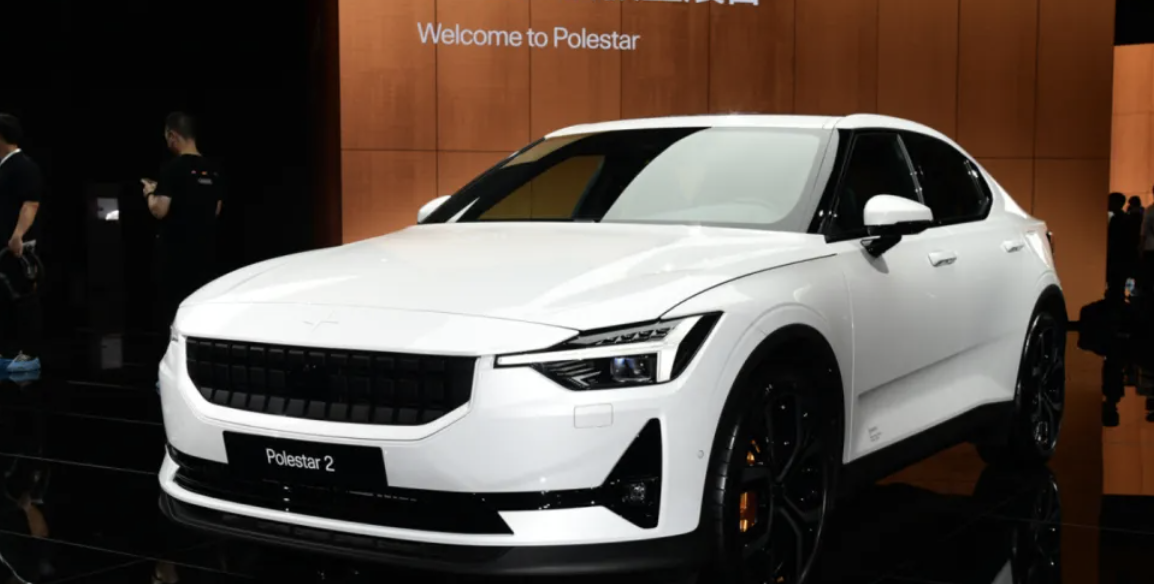Recently, General Motors (GM) announced that it would lay off 1,700 employees due to the slowdown in demand for electric vehicles. The layoffs will affect manufacturing plants in Michigan and Ohio. The company confirmed that around 1,200 employees at its Detroit electric vehicle factory have been laid off, while 550 employees at the Ultium Cells battery plant in Ohio were also let go. Additionally, 850 temporary workers have been suspended. GM also stated that 700 temporary layoffs would occur at its Ultium Cells plant in Tennessee.

In a statement, GM said:“Given the recent slowdown in the adoption of electric vehicles and the ongoing changes in the regulatory environment, GM is adjusting its electric vehicle production capacity. Despite these changes, GM remains committed to maintaining our manufacturing footprint in the U.S. and we believe that our investments and focus on flexible operations will make GM more resilient and able to stay ahead in this transformation.”
GM also announced that its battery production facilities in Ohio and Tennessee would temporarily cease production starting January next year. The company expects to resume operations at these two battery plants by mid-2026, using the downtime to upgrade and renovate the facilities.
This round of layoffs follows a restructuring plan announced by the company last week, which includes the elimination of more than 200 salaried positions, the majority of which are engineers located at the Global Technical Center in the Detroit area.
Since September, the U.S. federal tax credit for consumers purchasing electric vehicles, which could provide up to $7,500 (approximately CNY 53,240), expired. This led to a rush of car purchases before the policy deadline. Although many automakers, including GM, reported record sales of plug-in hybrid models in the third quarter, there is a general industry expectation that demand will decline moving forward, as the subsidies have been removed.
GM previously reported that its electric vehicle sales in the third quarter more than doubled compared to the same period last year. Other automakers, such as Ford and Hyundai, also saw similar trends.
However, GM’s third-quarter financial results, announced last week, revealed that the company suffered a $1.6 billion financial impact due to the slow progress of its all-electric vehicle strategy, indicating that the company is reassessing its EV production capacity and manufacturing processes.
GM’s Chief Financial Officer, Paul Jacobson, stated in an interview on CNBC’s Squawk Box last week:
“We remain confident in the bright future of electric vehicles and have a strong product portfolio to remain competitive. But we do need to make some structural adjustments to ensure we reduce the production costs of these vehicles.”


